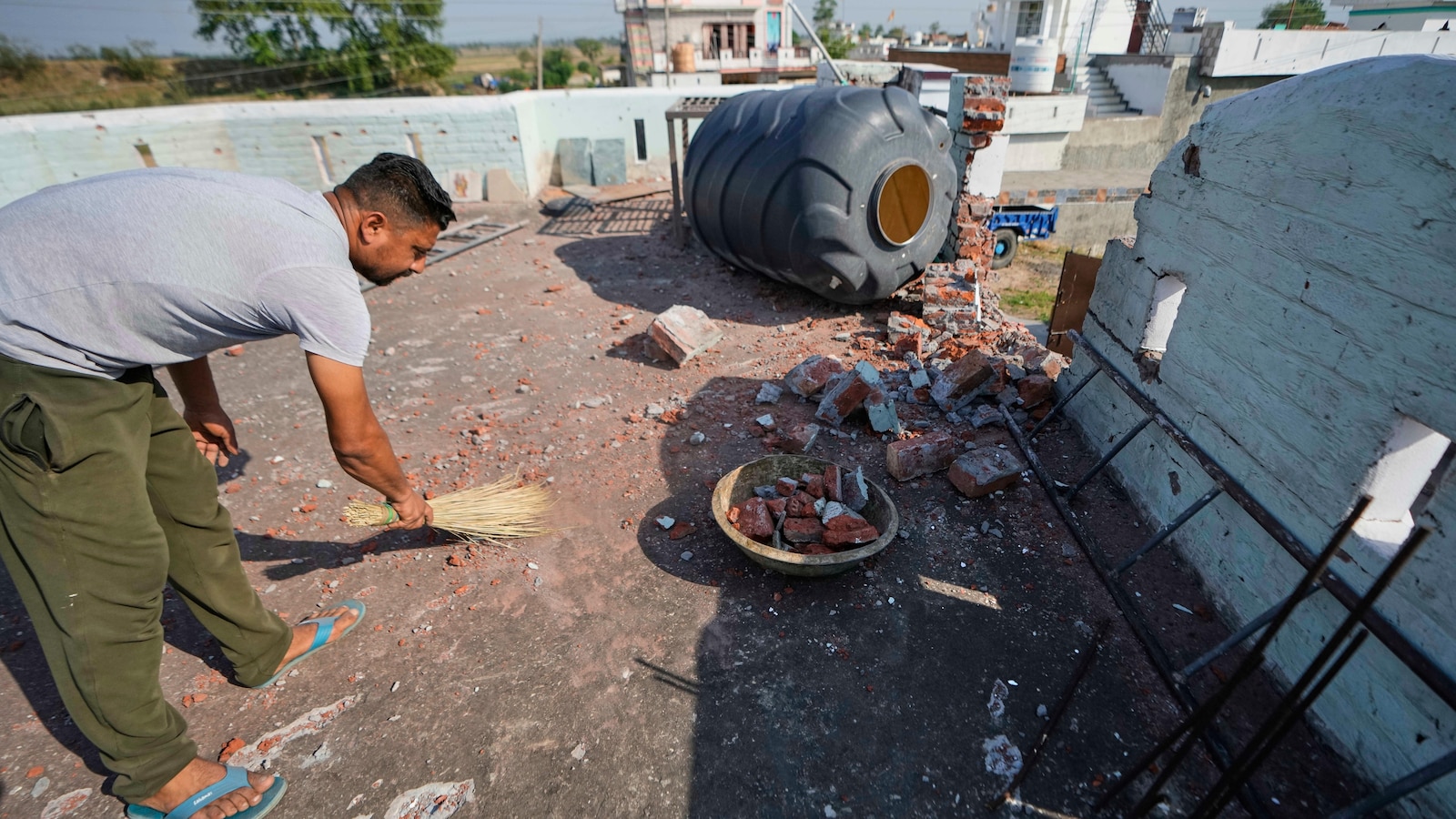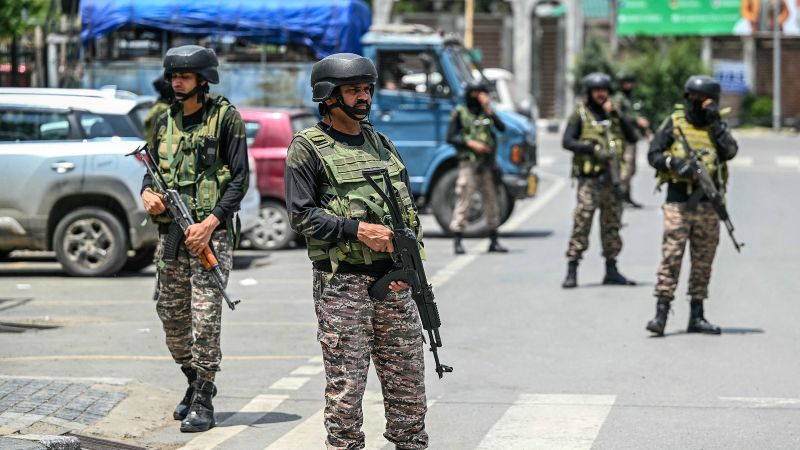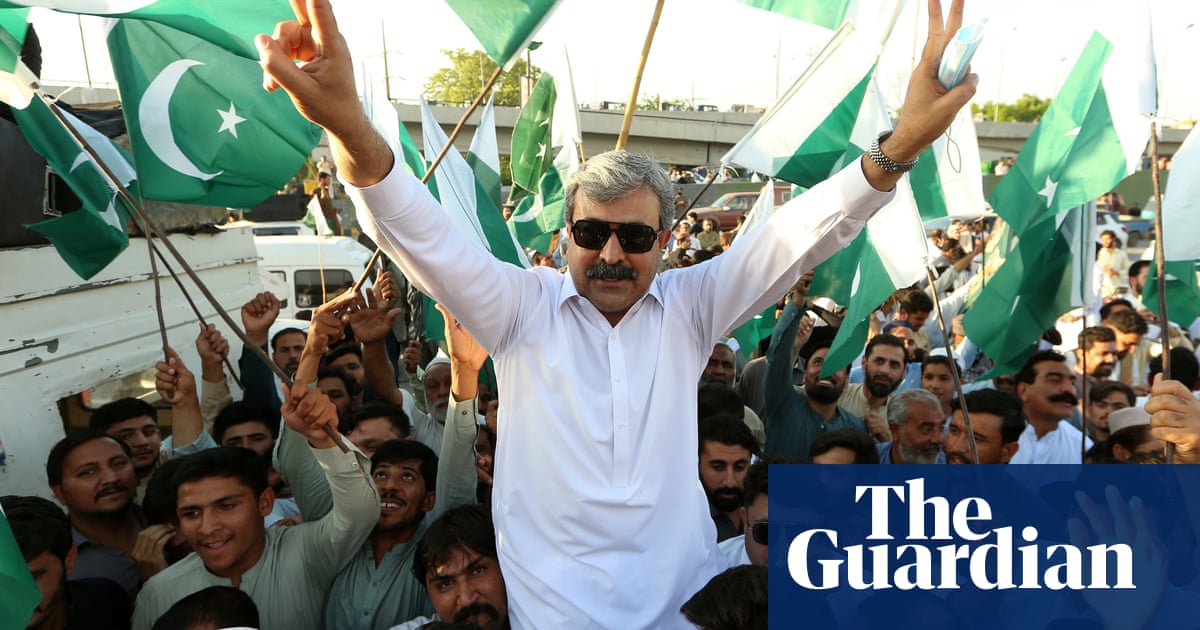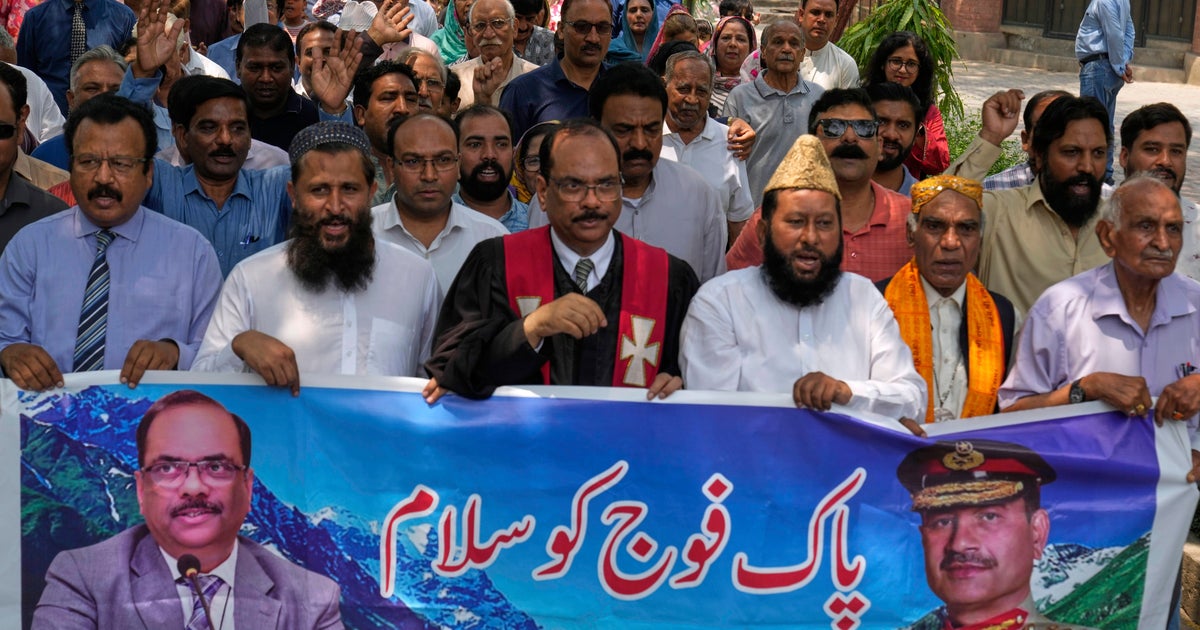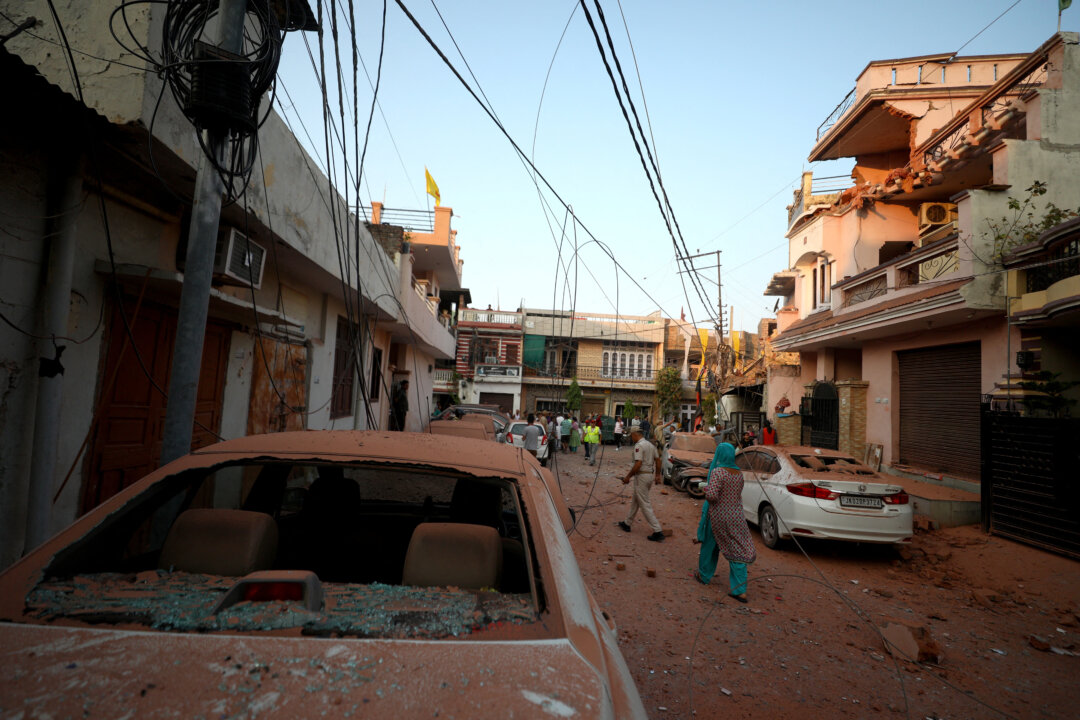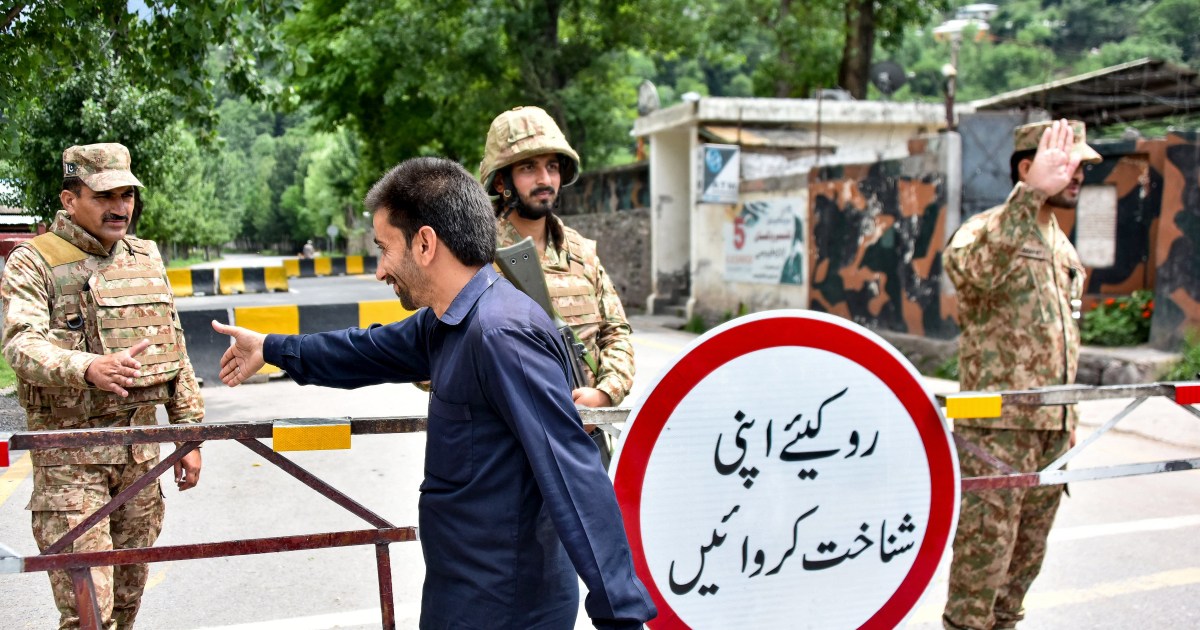Optimism Grows as Ceasefire Holds Amid Concerns Over Long-Term Kashmir Security
A ceasefire between India and Pakistan is holding, with no reports of firing after recent hostilities. Discussions between military officials are planned to assess the situation.
Overview
Following a U.S.-brokered ceasefire, Indian and Pakistani authorities reported an overnight calm along their tense borders, the first instance of quiet after intense hostilities. Military officials from both countries are slated to discuss the ceasefire’s viability amid previously exchanged claims of significant casualties. India asserts its military actions killed over 100 militants in Pakistan, while Pakistan claims heavy losses for India as well. Airports in both nations have reopened after safety concerns, but the fundamental issues of the Kashmir conflict remain unresolved, highlighting skepticism over the ceasefire's durability.
Report issue

Read both sides in 5 minutes each day
Analysis
- The ceasefire between India and Pakistan, while initially met with optimism, quickly faced violations from both sides, leading to renewed fighting and uncertainty among residents in border areas.
- Heavy shelling and military actions have caused significant civilian distress and damage to homes, prompting people to flee their villages rather than return, even after the announcement of a ceasefire.
- Both nations accuse each other of escalating tensions and violating the ceasefire, reflecting the ongoing cycle of distrust and conflict that characterizes their relationship.
Articles (17)
Center (9)
FAQ
The ceasefire was announced following intense hostilities, including missile strikes by India targeting militant groups in Pakistan and subsequent Pakistani military responses, amid escalating tensions after a terrorist attack in Indian-administered Kashmir. U.S.-mediated discussions helped broker the truce.
India claimed its military actions killed over 100 militants in Pakistan, while Pakistan stated that India suffered heavy losses and reported civilian casualties from Indian strikes, including the deaths of 31 Pakistani civilians and damage to civilian areas.
Both countries have accused each other of violating the ceasefire agreement shortly after its implementation. Despite the ceasefire, underlying issues of the Kashmir conflict remain unresolved.
Following the ceasefire, airports in both India and Pakistan have reopened after being closed due to safety concerns during the hostilities, but border crossings and airspace restrictions had been imposed earlier during the conflict.
There is skepticism about the durability of the ceasefire, as the fundamental issues of the Kashmir conflict remain unresolved. Both sides have longstanding territorial claims and deep-rooted tensions that complicate long-term peace prospects.
History
- 3M

 3 articles
3 articles
- 3M

 6 articles
6 articles
